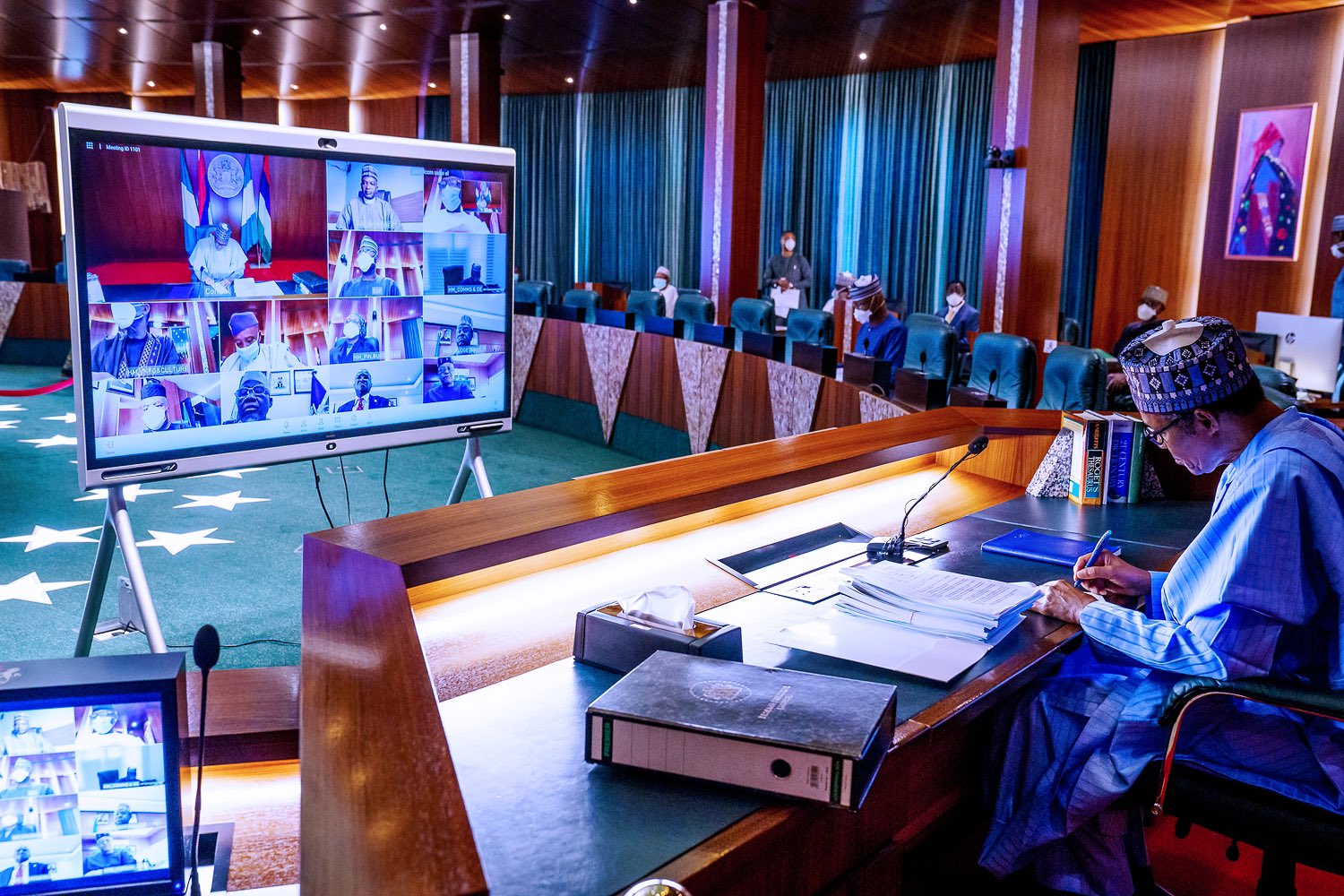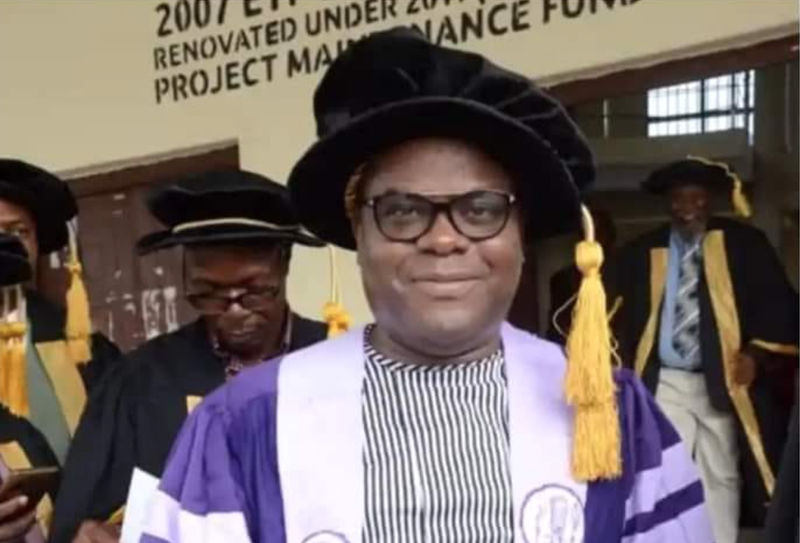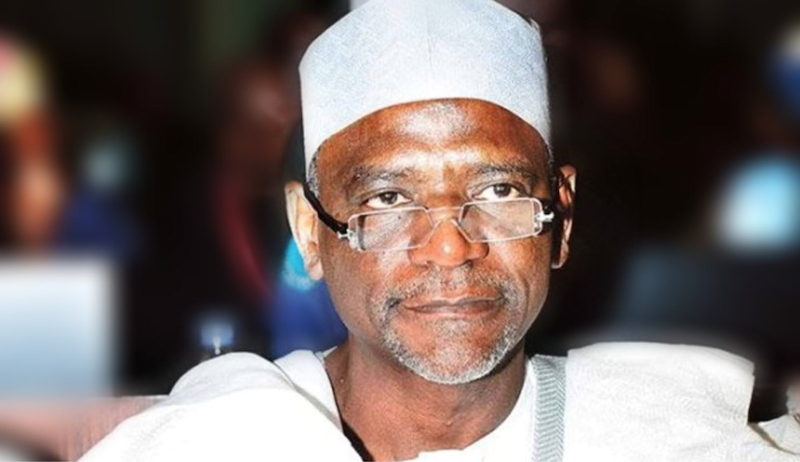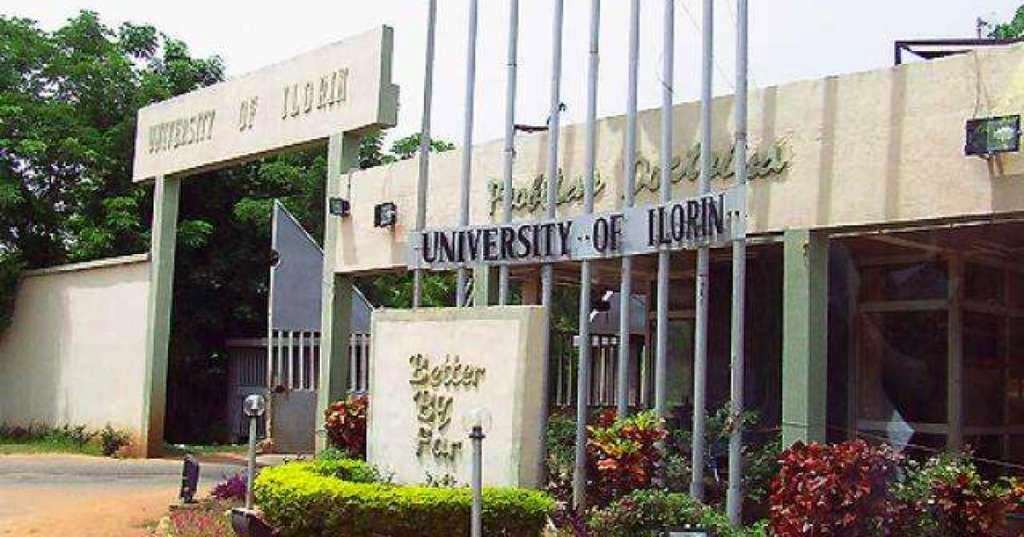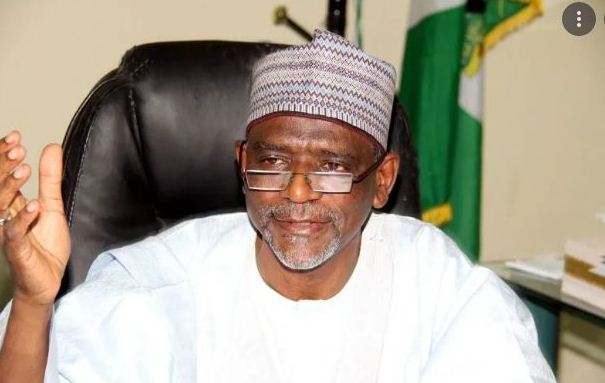The federal government of Nigeria has proposed a 23.5 per cent salary increase for lecturers, while a 35% increment would be enjoyed by professors if the offer is accepted by the Academic Staff Union of Universities (ASUU).
TheNewsGuru.com (TNG) reports that the government also once again set up committee, made up of 14 members to look into the grey areas of the demands of ASUU even as the Minister of Education, Adamu Adamu, today, stressed that the government could only afford 23.5 per cent salary increase for the lecturers and 35% increment for professors.
Adamu, while speaking during a meeting with vice-chancellors and other stakeholders in the university system, also noted that President Muhammadu Buhari warned against signing agreements which the government will not be able to meet.
”The Federal Government can only afford a 23.5% salary increase for all category of the workforce in Federal Universities, except for the professorial cadre which will enjoy a 35% upward review. Henceforth, allowances that pertain to ad-hoc duties of the academic and non-academic staff shall be paid as at when due by the Governing Councils of Universities to which such services are rendered and to the staff who perform them.
“That a sum of 150 billion Naira shall be provided for in the 2023 Budget as funds for the revitalization of Federal Universities, to be disbursed to the Institutions in the First Quarter of the year, and that a sum of 50 billion Naira shall be provided for in the 2023 Budget for the payment of outstanding areas of earned academic allowances, to be paid in the First Quarter of the year”.
Speaking at the end of the meeting, the pro-chancellor of the National Open University of Nigeria, Professor Peter Okebukola, noted that the government was ready to go all out to ensure that the university lecturers return back to school.
ASUU: FG again sets up 14-man committee on grey areas
Meanwhile, the Federal Government has again set up a 14-man committee to look into the grey areas of the Academic Staff Union of Universities (ASUU) demands.
Mr Ben Goong, the Spokesperson of the Minister of Education, Mallam Adamu Adamu disclosed this at a press conference at the end of the meeting between the Federal Government, Vice Chancellors and Pro-Chancellors of public universities on Tuesday in Abuja .
Members of the committee are Prof. Nimmi Briggs, Chairman, ASUU/FG negotiation team, Prof. Olu Obafemi, Chairman, Governing Council, Federal University, Minna, and Udo Udoma, former Minister of Budget and National Planning.
Others include Prof. Bashir Dalhatu, an elder statesman, Prof. Kabiru Bala, Vice Chancellor, Ahmadu Bello University, Zaria, Prof. Kayode Adebowale, Vice Chancellor, University of Ibadan and Prof. Lilian Salami, Vice Chancellor, University of Benin.
Also, Prof. Duro Oni, the President, Academics of letters, Prof. Akinsanya Osibogun, President, Academics of Medicine and the President of Academic of Science made the list.
Prof. Charles Igwe, Vice Chancellor, University of Nigeria, Nsukka, Prof. Ishaq Oloyede, JAMB Registrar and Prof. Abubakar Rasheed, the Executive Secretary, National Universities Commission (NUC) are also included.
“After enormous two-hours deliberations, the meeting constituted a committee made up of four Pro-Chancellors, five Vice Chancellors and others, to be chaired by the minister of education to further look at the grey areas ASUU is demanding, particularly the areas where there has been no consensus.
“As I speak to you, that committee is meeting and they will proceed to meet with President Muhammadu Buhari on the outcome of the deliberations of that committee.
“Two basic areas that the committee will be looking at is the ‘no work no pay’ issue and the issue of remuneration of university lecturers,” he said.
On the demand of ASUU to use the University Transparency and Accountability Solution (UTAS), Goong explained that it was not part of the areas under consideration as government had already set up a committee to fine-tune the two payment platforms including the existing IPPIS.
He said that in few days’ time, the committee would conclude and thereafter meet with President Muhammad Buhari.
On if the earlier Nimi Briggs committee would be jettison in place of the new committee, Goong said the new committee was in continuation of the Briggs committee.
“The meeting is on government side. There has been appeals for the government to take a second look at the ‘no work, no pay’ measure and that is one of the issues that the committee will look at,” he said.
Also, Prof. Peter Okebukola, the Chairman, Governing Council, National Open Universities (NOUN) expressed worry over the shut-down of the universities.
Okebukola promised that the dark cloud would soon clear as lecturers would in no time resume work, saying that the committee would conclude in no distant time.
He, therefore, said that the government was open to continued discussions and deliberations to end the strike.
On ranking of Nigerian universities, Okebukola said that the 2022 ranking was about to be concluded, saying that the ranking by the National Universities Commission (NUC) was the best in the world.
He said that this was due to the inclusivity, transparency and the credibility of its data.
ASUU: State varsities pull out due to threats from employers – stakeholders
Some stakeholders have continued to react to the pulling out of some state universities from the ongoing indefinite strike by ASUU, saying they pulled out due to threats from their employers.
It would be recalled that some state universities such as the Kaduna State University, (KASU), Ekiti State University (EKSU) and the Nasarawa State University, Keffi have pulled out of the ongoing indefinite strike actions by ASUU.
While other state universities refused to join the nationwide strike, they include Osun, Rivers, Delta, Borno, Anambra, Kwara, Akwa Ibom states and the three universities owned by Lagos State.
Dr Oluremi Oni, a lecturer in the University of Maiduguri (UNIMAID) said that the pulling out by state universities from the strike would not in any way affect the structure of the union.
Oni, who blamed ASUU for bringing state universities into the issues affecting federal universities, said their pulling out was actually proper.
According to her, no matter how many state universities that pulled out of the struggle, this will not affect our collective desire to protect the country’s educational system.
“Government has shown that they don’t like ASUU; when a similar thing happened last year, ASUU gave the government the presentation and they picked the one they could honour and threw it back at ASUU and ASUU was okay with them at that time.
“So it was because of government’s inability to implement the agreement last year that made ASUU to go back to strike.
“Government did not implement what it promised us and now they are expanding the problem and the public does not even know what the problem is and everybody is blaming ASUU,” she said.
Oni expressed concern over the action of government’s intention to extend the meeting with the union till June 2023, saying that this showed lack of commitment to education.
On the ‘no work, no pay’ stands by the government on ASUU, she blamed the government on this approach, saying that the union took the decision on behalf of the generality of Nigerian children to have quality education not minding the fact that their children were also affected.
“The government has forgotten that ASUU members also have children in these universities and so members are also losing.’’
The Secretary, Workers and Youths Solidarity Network (WYSN), Mr Damilola Owot called on the leadership of ASUU to re-emphasise the benefits of the strike to state workers with a view to giving them reasons to maintain the tempo and not to relax.
According to him, ASUU should pay special attention to specific needs of the state universities too and incorporate them into their future demands.
“We extend our solidarity to the members of the ASUU who are currently on strike.
“The decision of some state universities to pull out of ASUU could largely be linked to threats from their respective employers – state governments.
“The demands are clear and vivid; honour agreements, pay salary arrears and adopt UTAS.
“We believe that both the State and Federal workers stand to benefit from the concessions,” he said.
Meanwhile, the National Coordinator, Congress of University Academics (CONUA), Dr Niyi Sunmonu insisted that the liberalisation of academic unions was the only way out to end incessant strikes in universities.
Sunmonu said the liberalisation would engender cross-fertilisation of ideas, nurture healthy competition and protect the interests of all stakeholders hence there would be no need for strike.
“Freedom of association is enshrined in the Constitution of the Federal Republic of Nigeria.
“And as long as that provision still exists in the constitution, Nigerian citizens are freeborn and they can operate under it to freely associate.
“We hope that the freedom of association will continue to help the advancement of learning in our universities,” he said.
Also, the former National President, National Association of Nigerian Students (NANS), Mr Sunday Asefon had previously called on state-owned universities to opt out of the action.
Asefon said that ASUU had lost the support of Nigerian students given the unpatriotic disposition displayed by them in extending their strike indefinitely.
Asefon said students would no longer support the union’s call for intervention, while accusing the body of being self-serving.
“We have taken the time to review the decision of ASUU to declare an indefinite strike after the ongoing six-month strike.
“We consider the decision as not only unpatriotic, unnecessary but wicked and definitely not in the interest of our nation or the tertiary education system in Nigeria.
“We call on state governments to forthwith liaise with Vice-Chancellors of state institutions to announce the resumption of academic activities and grant the vice-chancellors authority to enforce the resumption. State universities should never have joined the strike in the first place,” he said.
